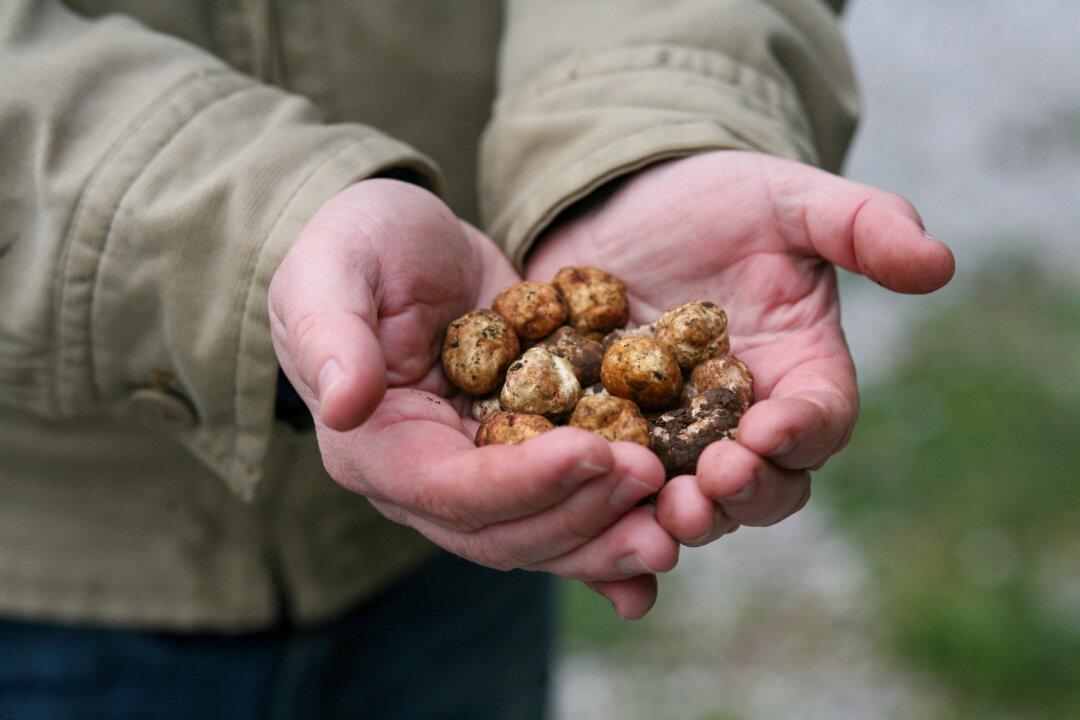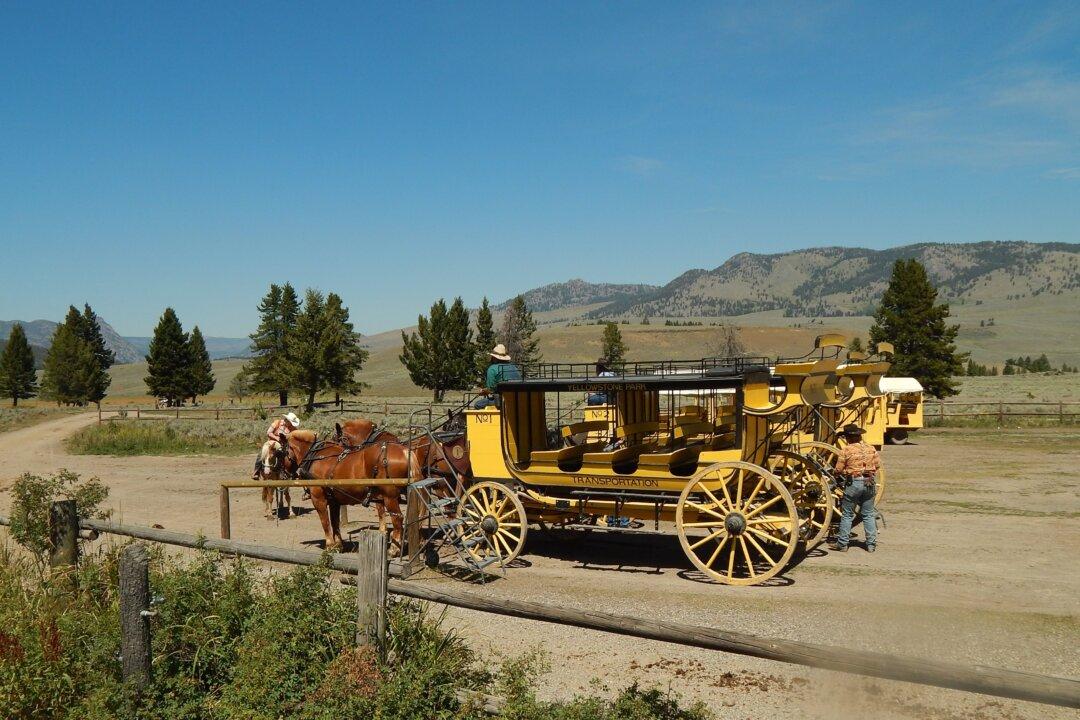She’s been breaking barriers all of her life. First in fishing, where Jenn Duff was often the only female in a tournament, then as the owner of Jef International, Inc., an import and export trading business specializing in sport fishing tackle, and now, as the Vice Mayor of Mesa, Arizona (when she was elected to the city council, she was also the only woman at the time). All three are male-dominated professions that Duff took on with relish.
A competitive spirit and a love of the outdoors led her to become the top woman pro bass angler in the southwest as well as the only American woman to ever compete professionally in Japan.
What drew Duff to the sport of fishing, in particular, was the use of artificial baits, making it a catch-and-release environment. “I felt like I could enjoy sport fishing safely, since the fish were released back into the water,” she said. Being on the water brought Duff a sense of communion with nature; spending a day on a fishing boat brought her peace and solace.
It was a natural progression to fishing competitively, as she grew up in an outdoorsy family where summers were spent at the lake and going fishing. In her 20s, she discovered fishing on a competitive level. “I’d gone to an outdoor show and a man told me about these derbies they held for people to come out and fish. It wasn’t professional; just a chance for people to fish for a prize. My first time and I won like $600. I thought, wow, this is pretty cool,” Duff said.
In addition to having a natural knack for fishing, Duff said she’s also always been competitive. After her first win at the amateur competition, she began to seek out competitions, first in her hometown of Phoenix, then more regional and national tournaments. In the western United States category, men and women competed together; still, it was rare to run into another woman competing in a tournament back then.





